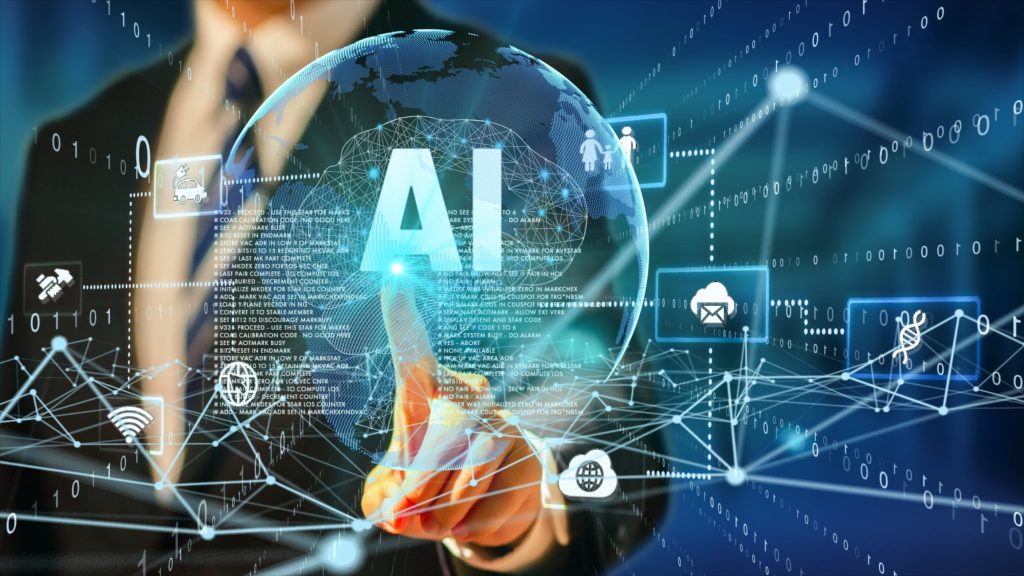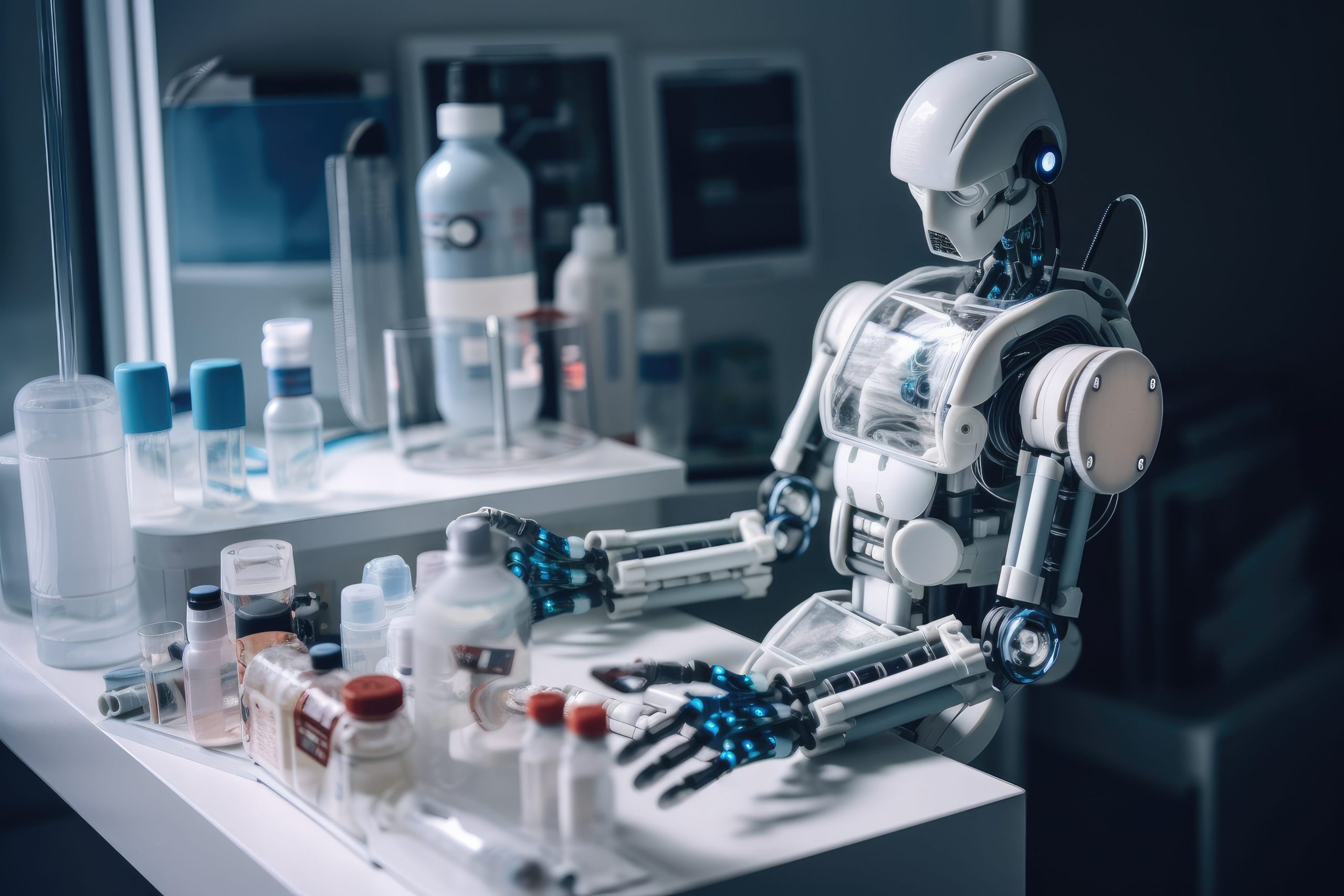In the ever-evolving healthcare landscape, where technological advancements are steering the course of medical breakthroughs, AI-powered drug discovery is one of the most revolutionary and promising innovations. The amalgamation of artificial intelligence and healthcare has accelerated the pace of drug development and ushered in a new era of precision medicine.
Revolutionizing Drug Discovery
Traditional drug discovery methods are often time-consuming and labor-intensive, requiring years of research, clinical trials, and substantial investments. However, introducing AI into this realm has catalyzed a seismic shift. With its unparalleled ability to process and analyze vast amounts of data, AI has empowered researchers and scientists to expedite the identification of potential drug candidates.
AI can identify patterns in molecular structures through machine learning algorithms, predict interactions between compounds and proteins, and even simulate drug-receptor binding with remarkable accuracy. This significantly expedites the early stages of drug discovery, enabling researchers to focus their efforts on the most promising candidates.
Precision Medicine and Personalized Treatments
One of the most significant advantages of AI-powered drug discovery is its capacity to facilitate personalized medicine. Each individual’s genetic makeup and molecular profile are unique, influencing their response to various medications. AI algorithms can analyze patient data to identify genetic markers that correlate with specific diseases, allowing healthcare providers to tailor treatments that are most likely to be effective for each patient.
This shift from a one-size-fits-all approach to personalized treatments can revolutionize patient care. Diseases once considered refractory to treatment may now have targeted therapeutic options, improving countless individuals’ outcomes and quality of life.

Data-driven Insights for Healthcare Decisions
Beyond drug discovery, AI is profoundly contributing to healthcare across various domains. Integrating AI into diagnostic processes enhances the accuracy and efficiency of disease detection. Medical imaging techniques, such as MRI and CT scans, generate vast amounts of data that can be arduous for human experts to analyze comprehensively. AI algorithms can swiftly analyze these images, identifying subtle anomalies that may elude human perception.
Moreover, AI-driven predictive analytics are helping hospitals and healthcare institutions optimize resource allocation. AI can forecast patient admissions, streamline staff schedules, and even predict disease outbreaks by analyzing historical data and current trends. This data-driven approach improves operational efficiency and enhances patient care by ensuring timely access to medical services.
Ethical Considerations and Future Directions
While the integration of AI in healthcare holds immense promise, it also raises ethical considerations. The transparency and interpretability of AI algorithms are paramount, especially when these algorithms influence critical healthcare decisions. Striking a balance between leveraging the power of AI and maintaining patient trust is an ongoing challenge that researchers, policymakers, and healthcare providers are actively addressing.
The trajectory of AI-powered healthcare innovations is poised for further growth. As technology continues to evolve, we can anticipate even more sophisticated applications of AI, ranging from drug repurposing and adverse event prediction to robotic surgeries guided by AI algorithms. The convergence of AI and healthcare expertise promises to reshape the medical landscape and bring about a new era of patient-centric care.
Conclusion
In healthcare, the fusion of AI-powered drug discovery and technological innovations is steering the industry toward unprecedented advancements. From revolutionizing the drug discovery process to enabling personalized treatments and data-driven insights, AI is redefining patient care and medical outcomes. While challenges and ethical considerations persist, the potential for AI to transform healthcare is undeniable.

